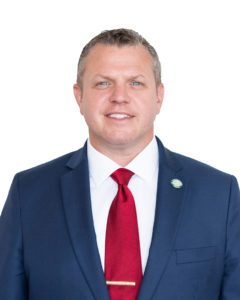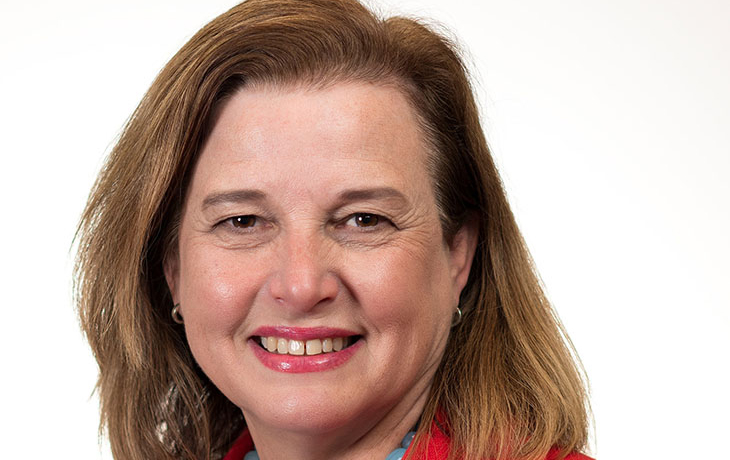
Commissioner Jason E. Glass
January is a time for new beginnings and a new session of the Kentucky General Assembly. The session will start on Jan. 4 and must end by midnight on April 14.
This year is what we call a long session, where the legislature will meet for 60 days and pass a budget for the next two years. For the first time in many years, Kentucky’s economic picture is looking pretty rosy. We’ve had strong economic growth this past year and we’re heading into a budget session where cutting costs won’t be one of the most pressing issues on legislators’ minds.
I think this is an exciting time for Kentucky as a whole and for education specifically. At the Kentucky Education Summit in November, the Kentucky Department of Education (KDE) launched its United We Learn: Investing in Kentucky’s Future, One Student at a Time initiative.
The priorities of the initiative – which includes things such as creating strong partnerships between schools and their communities, having an assessment system that see students as more than their test scores and facing inequities in the system that have led to uneven results for our students – were created by the Kentucky Coalition for Advancing Education. The coalition – a large and diverse group comprised of more than 50 parents, teachers, school leaders and community members from across the state – took input we’ve heard from Kentuckians over the past year to create their priorities. This is, quite literally, a new system for education envisioned by Kentuckians.
The initiative’s priorities – which are endorsed by and aligned with the Kentucky Board of Education’s (KBE’s) legislative priorities – envision a vibrant education system where students are engaged, where learning is tailored to meet each students’ strengths and areas for growth, and where all of Kentucky’s public school students receive the knowledge, skills and dispositions they need to become successful citizens.
First and foremost, the KBE and KDE support the state funding all-day kindergarten for all public schools. While Kentucky has historically only paid for half-day kindergarten, the legislature funded full-day programs for all districts during the last legislative session for this school year only.
Ensuring our state’s students have high-quality early childhood learning experiences is one of the most critical things we can do to support their educational success. A number of studies looking at kindergarten have found that students who attended a full-day kindergarten program were better prepared to transition to the 1st grade than student who attended half-day programs, had higher grades and test scores over time, and even had better attendance rates through elementary school.
While most of our districts have offered full-day programs anyway, our legislature fully funding all-day kindergarten would free up funding that districts could use to support students in other ways. It also would be a clear signal from the Commonwealth’s leaders that we know kindergarten is important.
Another important thing both KDE and KBE support is providing full funding to the transportation costs for districts. No matter how engaging the lessons in the classroom, if we can’t get our students to school, it just doesn’t matter.
Historically, Kentucky has paid just half of the costs of transporting our students to and from school. The rest of that funding must come from the local level. Transportation is a significant cost that is borne by our districts and local communities. If the legislature votes to fully fund transportation, again that frees up funding that could be used to support other programs and opportunities for our students.
One other significant thing we would like to see the legislature do this session is restore funding for professional development for our public school teachers. The last time our school districts received funding for professional learning was during the 2017-2018 fiscal year.
While there has been no funding for professional development from the state, teachers are still required to earn these credits to maintain their teaching license. Districts have tried to provide their own learning opportunities for their teachers, but we hear from educators that this time often is used to meet general training requirements instead of sessions that may help improve their classroom instruction.
In the past year, we’ve heard from Kentuckians that they want their students to be curious, lifelong learners. Our teachers have a deep desire to be lifelong learners too. Our teachers need to be able to share best practices with each other and continue learning how to best serve all their students without our teachers or our districts having to shoulder that cost alone.
I’m excited about the future of education in the Commonwealth. I have had national and international questions about our United We Learn initiative and I’ve discussed with national education leaders the great things currently underway and what we might need from them to keep the momentum going.
We have the chance to make real strides here in Kentucky. Let’s keep it going.


Leave A Comment